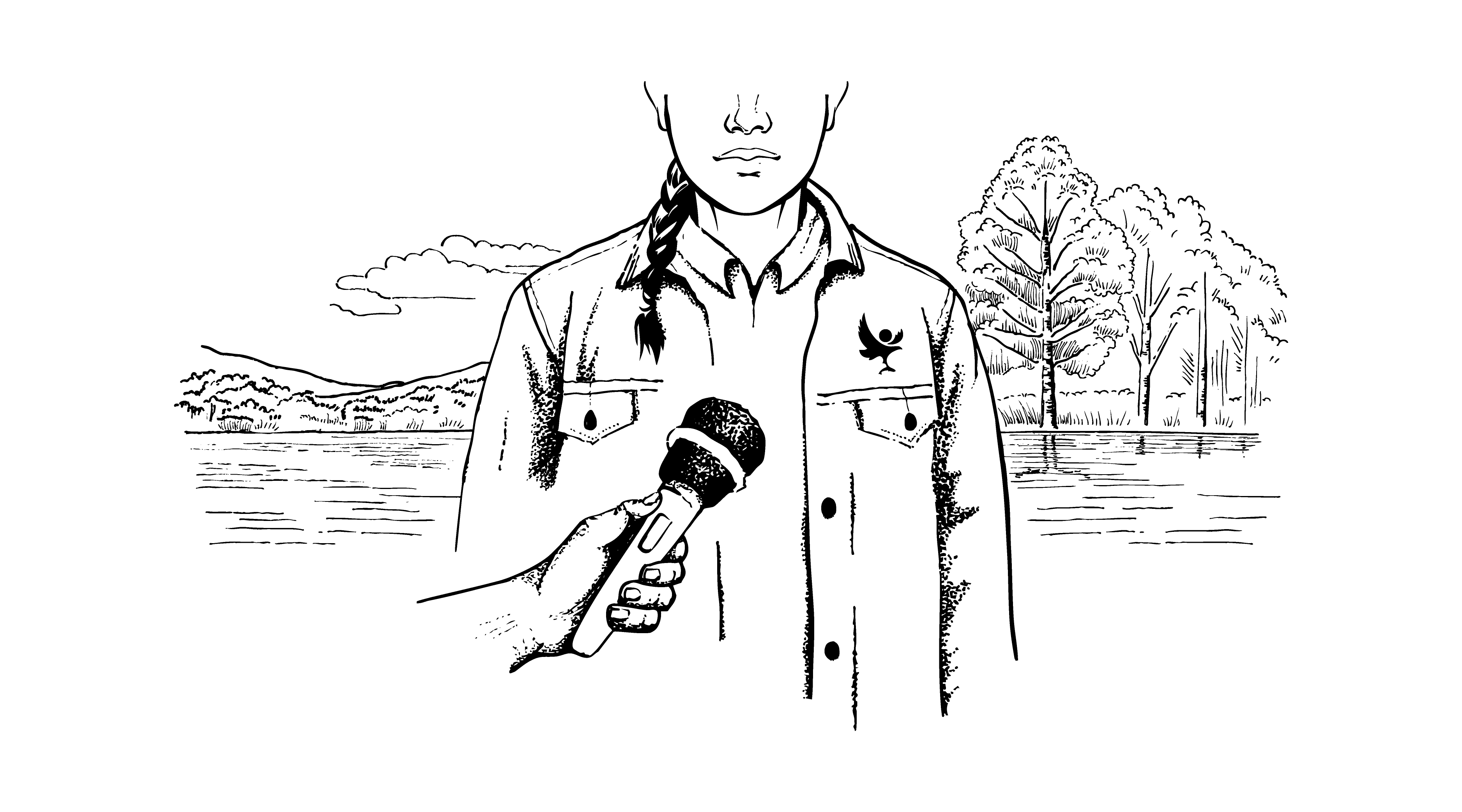Taking action for sustainable rural communities

Taking action for sustainable rural communities
TAKING action to help some of Scotland’s most fragile rural communities is the theme of a meeting to be held in the Cairngorms National Park later this month.
The Royal Society of Edinburgh (RSE) and the Cairngorms National Park Authority want to meet with residents to discuss the findings of the RSE’s Inquiry into Scotland’s Hills and Islands. The report found that there is a need to integrate social, economic and environmental measures for rural areas and empower communities to act within a national strategy. It also calls for greater use of local skills and natural resources.
The meeting at Tomintoul Village Hall on Wednesday 12th November will be an opportunity for residents, the RSE and CNPA to discuss the findings and actions to be taken from them. The meeting starts at 7pm and attendance is free and open to all.
Commenting on the meeting, the inquiry’s vice chairman, Professor Jeff Maxwell, said: “This independent Inquiry arose from concerns at the decline in hill and island agriculture and the possible impact on rural communities. Having gathered evidence widely, our broadly-based report makes recommendations encompassing policy, the environment, land-use, tourism, economic stimulation, energy, forestry, and the re-shaping of institutional structures to help develop viable communities.
“We hope that this document will support decision-makers, the people of these distinctive communities and all involved in working to achieve a sustainable future for the Hills and Islands. The event in Tomintoul will be an important opportunity to discuss the Report’s findings and how to translate it into action.”
Professor Bill Slee, RSE committee member, added: “The Cairngorms National Park encapsulates many of the challenges to the hills that we encountered and addressed in the Royal Society Inquiry into the Future of the Hills and Islands.
“The very clear relationship between the land use qualities of the park and the environmental and recreational values that lie behind its designation, make it a highly suitable location to discuss the findings of the RSE Inquiry with its emphasis on an integrated and holistic vision of how more sustainable solutions might be found. ”
The inquiry focused on how to secure a more prosperous and environmentally-sustainable future for Scotland’s economically fragile rural communities. Consultations took place around Scotland and the findings are currently being discussed by the Scottish Government.
To book a place at the meeting contact Dr Marc Rands on 0131 240 5000 or email [email protected]
Alert
Latest from the National Park
Pulling together in wake of wildfires
An update from Park Authority Convener Sandy Bremner and Chief Executive Grant Moir on collective efforts to tackle wildfires in the National Park going forward.
The Moorland Indicators of Climate Change Initiative
Update on wildfire situation
Convener Sandy Bremner and Chief Executive Grant Moir have given an update on the ongoing wildfire situation.
Relevant alerts
-
There is an extreme risk of wildfire impacting the National Park from Friday 11 July until Monday 14 July.
- Do not light any fire or barbeque
- Always ensure cigarettes are fully extinguished and take your litter (including glass) away with you
- Enjoy the outdoors responsibly - most wildfires are caused by human activity
- Stay alert - with dry vegetation and warm weather, fires can start easily, spread rapidly, and burn intensely
- If you see a wildfire, dial 999
For updates, visit the Scottish Fire and Rescue Service website.




